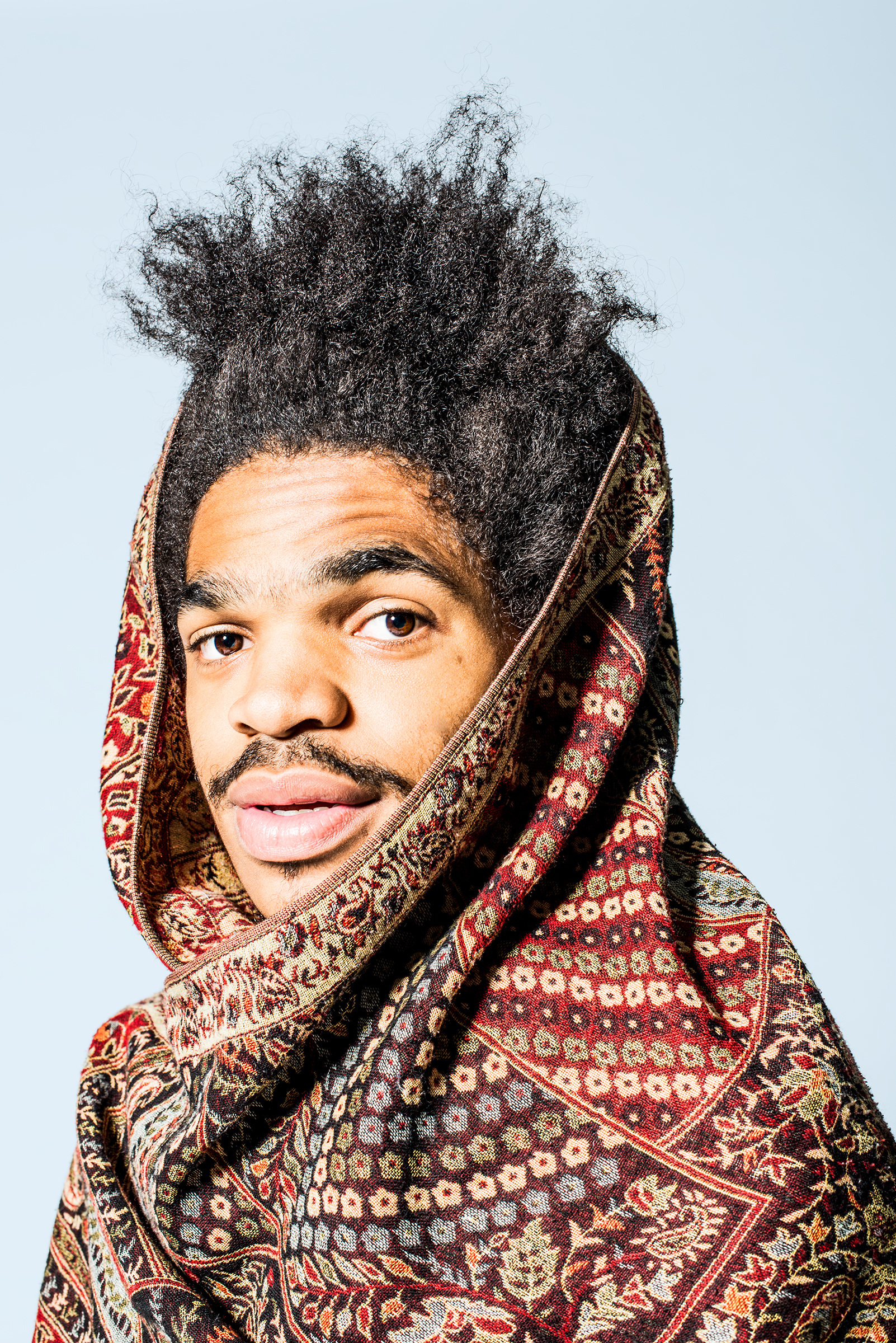This is the fifth feature in a series we’re calling “Fresh Cuts.” It’s a selection of newly released tracks and videos from across Africa and the diaspora, featuring established and up-and-coming artists and everything in between. Today we’ve got, among other things, intimate r&b from London and Chicago, upbeat electronic dance from Côte d'Ivoire via Israel, Afro-Colombian grooves and several different vibes from Sierra Leone. In case you missed them, also check out “Fresh Cuts” Vol. One, Two and Three, and Four.
Head to the bottom of the page to listen to our YouTube and Spotify playlists of this music–but be mindful that these won’t include every song listed here due to the variety of platforms artists are using to share their music. Enjoy!
(Photo of Kamau by Arturo Olmos)
Sampha: “(No One Knows Me) Like The Piano”









